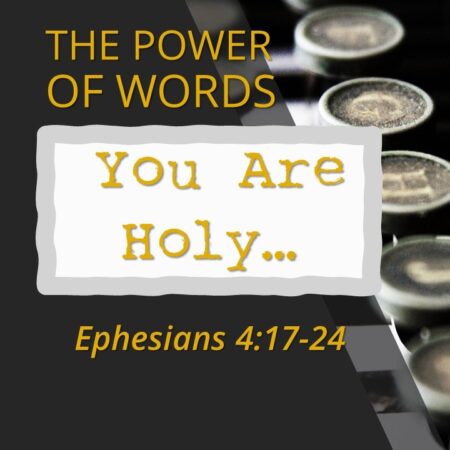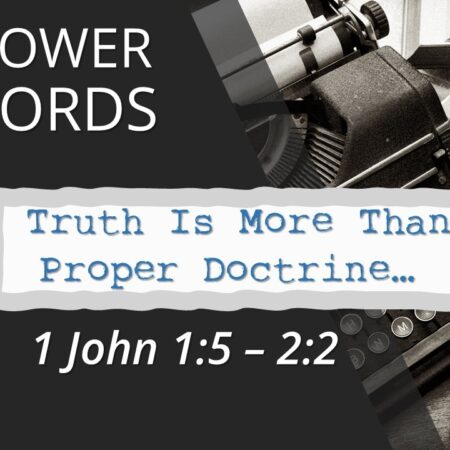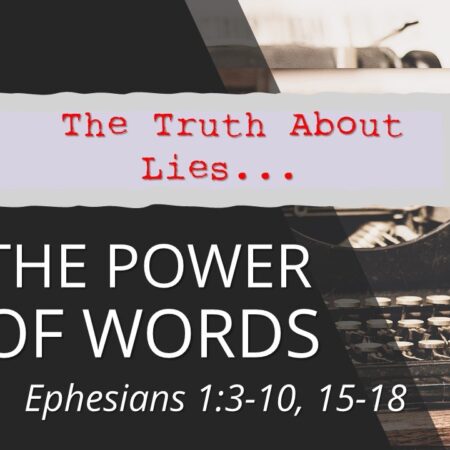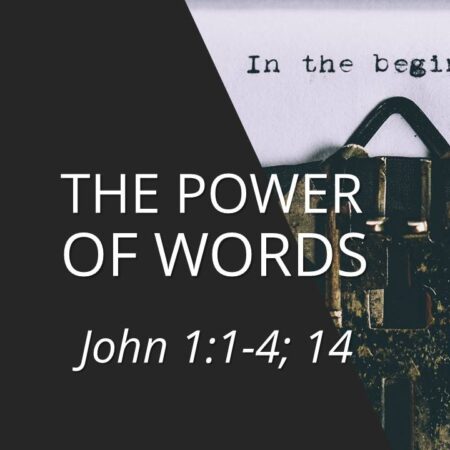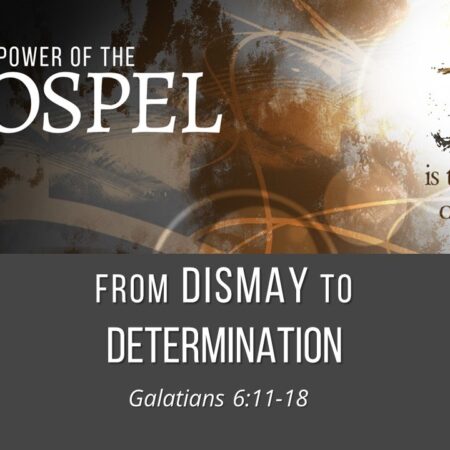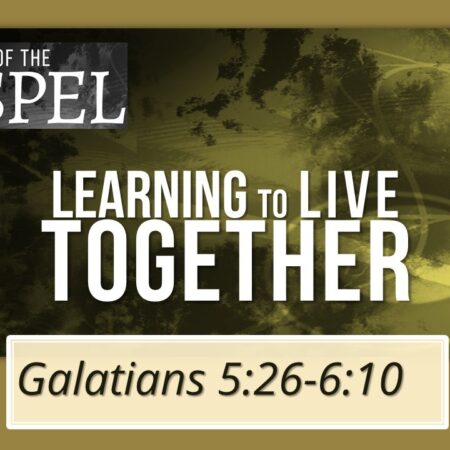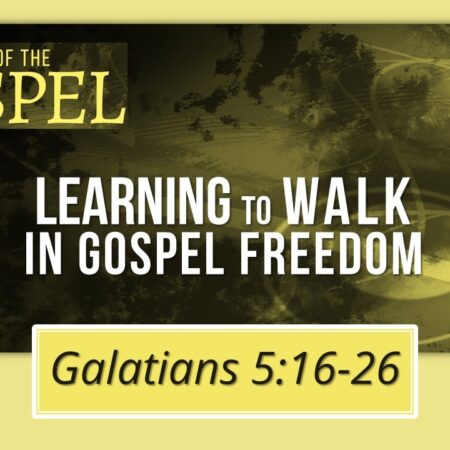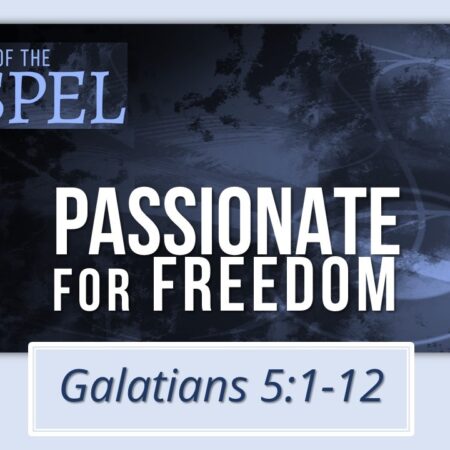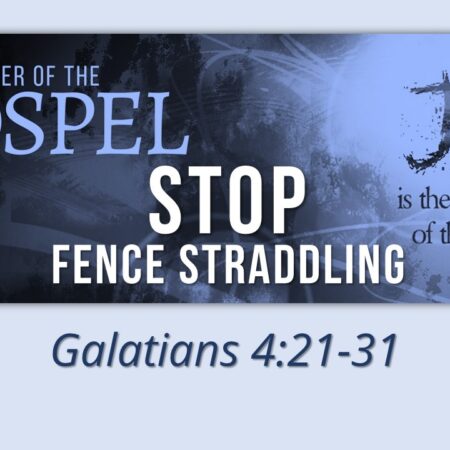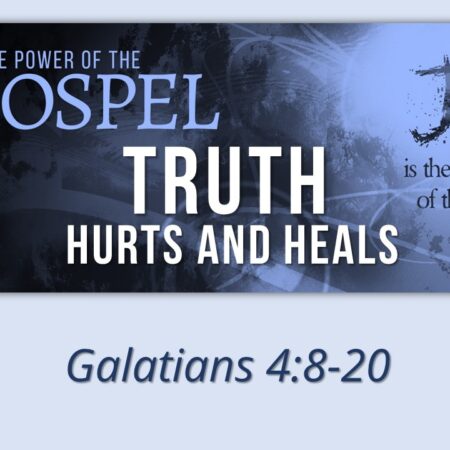Diplomat and Philosopher Dag Hammarskjold wrote in the book titled MARKINGS:
“Respect for the word is the first commandment in the discipline by which a man can be educated to maturity – intellectual, emotional, and moral. Respect for the word – to employ it with scrupulous care and an incorruptible heartfelt LOVE OF TRUTH – is essential if there is to be any growth in a society or in the human race.
To misuse the word is to show contempt for man. It undermines the bridges and poisons the wells. It causes man to regress down the long path of his evolution.”
Easton’s Bible Dictionary
“Holiness in the highest sense belongs to God ( Isaiah 6:3 ; Revelation 15:4 ), and to Christians as consecrated to God’s service, and in so far as they are conformed in all things to the will of God ( Romans 6:19 Romans 6:22 ; Ephesians 1:4 ; Titus 1:8 ; 1 Peter 1:15 ). Personal holiness is a work of gradual development. It is carried on under many hindrances, hence the frequent admonitions to watchfulness, prayer, and perseverance ( 1 Corinthians 1:30 ; 2 Corinthians 7:1 ; Ephesians 4:23-24).
קָדוֹשׁ “qadosh”
Qadosh literally means “to be set apart for a special purpose”.
The fundamental and core meaning, of the word “hagios”, is… “different, and unlike the rest”.
If you’re a Christian, then you are one of “the holy ones”. And do you know why you’re holy? It’s because you’re different. While we may not think of ourselves as “holy,” we are in fact set apart from the world to be Yahweh Elohim’s servants and his representatives. Yahweh set us apart for this very special purpose, to REPRESENT HIM ON THIS EARTH, not in the future only, BUT HERE A NOW. TODAY.
Sermons by Pastor Ernest Amstalden (Page 29)
We all know that JESUS IS THE TRUTH and the Way and the life that we need. This is no mere metaphor, it is the very meaning of truth. The truth is alive and incarnational. TRUTH IS PERSONAL, RELATIONAL, AND COMMUNAL.
Parker “To know as we are known”
Knowing truth demands ACTION ON OUR PART.
Encountering truth involves our surrendering to honest self-examination, rooting out the old beliefs, receiving light to see things the way God sees them, and doing the work of engaging with the Holy Spirit so that He can anchor truth in our soul. That is the meaning of truth in the way that Jesus uses the term.
ATONEMENT
1 John 1:5-2:2
1:7 “the blood of Jesus cleanses us from all sin”
1:9 “he will forgive us and cleanse us from all sin”
2:2 “Jesus Christ is the atoning sacrifice (propitiation) for our sins”
• The blood is a metaphor of Jesus death on the cross. The death of Jesus cleanses us from sin
• The death of Jesus provides the means of forgiveness
• The death of Jesus by which we are forgiven is the atonic sacrifice for our sins.
“Atonement” = At-one-ment, to make right to reconcile Oxford English Dictionary
John wrote his sermon in Greek.
Greek: Hilasmos
Hebrew: kipper
Meaning: to “cover” someone’s failure; to erase the debt; to purify the relationship
This truth is more than doctrine, this truth is personal, relational and communal. It affects every aspect of our life.
Colossians 1:9-10
And so, from the day we heard, we have not ceased to pray for you, asking
• That you may be filled with the knowledge of his will in all spiritual wisdom and understanding,
• So as to walk in the manner worthy of the Lord, fully pleasing him,
• Bearing fruit in every good work and increasing in the knowledge of God.
There is more than one reason for this state of affairs. But mostly it comes down to not knowing how to participate with God in ways that allow truth to alter our very way of PERCEIVING AND UNDERSTANDING OUR OWN LIFE.
“It costs a man just as much or even more to go to hell than to come to heaven. Narrow, exceedingly narrow is the way to perdition!” Soren Kierkegaard
“To depart from righteousness is to choose a life of crushing burdens, failures, and disappointments, a life caught in the toils of endless problems that are never resolved. Here is the source of that unending soap opera, that sometimes horror show known as normal human life. The cost of discipleship, though it may take all we have, is small when compared to the lot of those who don’t accept Christ’s invitation to be a part of his company in the way of life.” Dallas Willard, “The Spirit of the Disciplines”
Transformation is about changing our very character – not our environment, not the people around us, not even our behavior – it is about changing who we are from the inside out.
OUR WILL WAS NEVER DESIGNED TO BE ABLE TO FORCE OUR HEART TO CHANGE.
Christianity Today Magazine published an article titled:
“The Epidemic of Bible Illiteracy in Our Churches”
“Christians claim to believe the Bible is God’s Word. We claim it’s God’s divinely inspired, inerrant message to us. Yet despite this, we aren’t reading it. A recent LifeWay Research study found only 45 percent of those who regularly attend church read the Bible more than once a week. Over 40 percent of the people attending read their Bible occasionally, maybe once or twice a month. Almost 1 in 5 churchgoers say they never read the Bible—essentially the same number who read it every day.”
……Our lack of biblical literacy has led to a lack of biblical doctrine. LifeWay Research found that while 67 percent of Americans believe heaven is a real place, 45 percent believe there are many ways to get there—including 1 in 5 evangelical Christians. More than half of evangelicals (59 percent) believe the Holy Spirit is a force and not a personal being—in contrast to the orthodox biblical teaching of the Trinity being three Persons in one God. As a whole, Americans, including many Christians, hold unbiblical views on hell, sin, salvation, Jesus, humanity, and the Bible itself.
Chuck Swindoll in his commentary on this subject writes:
“When Moses told the story of creation, he drew upon the literary symbol of light to communicate an important truth. After the formation of space and matter, the Lord filled the void and formless earth with light – literal light, yes, but not merely illumination. Before He fashioned physical sources of light on the fourth day – the son, moon, and stars – He filled the universe with the light of His presence, with truth, the foundation upon which everything else would be built. Before giving the world order (dividing day from night, sky from earth, dry land from ocean), the Lord suffused every atom with His truth so that everything would reflect His character.”
Here is a definition what dismayed really means.
Dismay is defined as a sudden or total loss of courage. An example of dismay is feeling defeated after applying to dozens of jobs and being offered none of them.
As Chuck Swindoll once pointed out:
“This numbers game is one of the most fleshly games congregations can play. Another game we play is the glitz-and-glamour game. The bigger and flashier our Sunday morning productions, the more we feel like we’ve worshiped to the max! But bright lights, loud bands, big budgets, huge crowds, and hyped-up emotional responses mean ntohign if they lack real substance. How easy it is to boast in the flesh, focusing on the outward actions rather than the inward reality.”
This proves the point of Galatians:
Not only is the sinner saved by grace, but the saved sinner also lives by grace.
Here is what Chuck Swindoll has to say about this subject:
“This simple yet important command represents a transfer of the control of our lives from ourselves to the living Lord. But being filled with the Spirit does not end in a private realm or some mystical experience. It’s not about speaking in strange tongues or performing miraculous signs and wonders. It’s not even about having some kind of emotional response or a profound encounter with the Master. Biblically speaking, being filled with the Spirit primarily affects our relationships WITH OTHERS.”
Love one another (John 15:12, 1 Peter 1:22)
Accept one another (Romans 15:7)
Care for one another (1 Corinthians 12:25)
Be kind to one another (Ephesians 4:32)
Comfort one another (1 Thessalonians 4:18)
Encourage one another (1 Thessalonians 5:11)
G. Walter Hanson notes that:
«the verb RESTORE calls for spiritual therapy so that a broken member of the body can once again work properly and perform its vital functions for the benefit of the whole body.”
Tony Evans says it this way:
“To find restoration or to restore someone spiritually, you need to understand what being spiritual is. “Spiritual” in this context means seeking God’s assessment of the problem, allowing God both to define the problem and to provide the solution.
A spiritual solution comes when the Holy Spirit illuminates God’s truth from His Word in your heart, your mind and your life.
A spiritual approach to life’s addictions and sins is needed because the outward symptoms aren’t typically the underlying cause.
Many times we want ot help people out of a circumstance without identifying the spiritual root of the problem. But if the spiritual is the cause, the spiritual must be the cure.
A snare is always rooted in the spiritual cause because the root of any snare is Satan, our flesh or both.
Healing is restored by addressing the SOURCE, NOT THE SYMPTOMS. To get to the source, we need to have a spiritual approach to restoration.”
F.F. Bruce comments on this problem:
“What Paul stresses here is personal responsibility. It is not for one Christian to assess or judge the ministry of another; each one is answerable to God for his own.”
Let me quote commentator G. Walter Hansen one more time as he points out the difference between to Greek words Paul uses: “Burden” (baros) in 6:2 and “load” (phortion) in 6:5
“Though these two words are basically synonymous in other contexts, the change of nouns in this context indicates a change of reference. Verse 2 refers to the need to come to the aid of others who cannot carry the crushing burden of the consequences of their sin. Verse 5 refers to work given to us by our Master, before whom we will have to give an account of how we used the opportunities and talents he gave us to serve him.”
HOW CAN WE WIN THIS WAR? The solution is SURRENDER TO THE HOLY SPIRIT.
The Issue here is CONTROL. To whom do we surrender? To the fleshly desires (self) or to the Holy Spirit?
It is here were we many times get confused. Too many Christians doubt the assurance of their salvation because of this intense struggle with sin. But let me tell you that the very fact that you care about the struggle is a sign that the Spirit is working in you. If the Holy Spirit was not fighting this battle on your behalf, you would not care one bit about struggling against sin.
This is important to understand. When we are fighting this battle of surrendering to the control of the Holy Spirit, we often get approached by well meaning Christians with the suggestion that we should just retreat into legalism. They never use this term, but instead telling us that our battle with sin is because we are NOT DOING ENOUGH FOR OUR LORD. IF WE WOULD BE BUSY we would have not time to get involved in sinful behavior. THAT’S ANOTHER WAY OF SAYING THAT OUR BUSYNESS HAS BECOME OUR POWER OVER SIN. That’s contrary to the Gospel. THE HOLY SPIRIT living in us gives us power over sin. There is simply no Substitute for the Holy Spirit.
Biblical Scholars divide those deeds into four major subjects:
• Sexual sin:
This includes things like adultery, fornication, homosexual practice, prostitution, and pornography.
• Religious sin:
This includes things like occult involvement, false religions, New Age spirituality, superstition, and idolatrous materialism.
• Social sin:
This includes things tat are destructive to our families, churches, and communities, such as slander, gossip, harboring bitterness, bearing grudges, taking revenge, and physical or verbal abuse.
• Personal sin:
This includes sins against one’s own body, such as drug addiction, workaholism, alcoholism, gluttony, and other forms of self-destructive behavior.
• Would you say that the Apostle Paul is passionate about our freedom in Jesus Christ?
• Would you say that the Apostle Paul is willing to fight for this freedom?
• Would you say that the Apostle Paul is fully aware that some people try to snatch that freedom in Jesus Christ from the Believers?
Chuck Swindoll in his commentary on this text is asking three probing questions which all of us need to answer somehow:
HOW HIGHLY DO I VALUE MY FREEDOM IN CHRIST?
Does it mean more to me than money, home, family, friends, job, or reputation? Do I compromise on Christian freedom in order to fit in at church, among my Christian friends, or at my job? Do I succumb to the slavery of legalism, submitting to human rules and regulations?
HOW STRONGLY DO I RESIST HAVING MY FREEDOM STOLEN?
Do I submit to rules that strap me down spiritually, stopping or even reversing my Christian growth? Do I actually check the bases for the accepted Christian norms fed to me at church, at home, or from other sources? When was the last time I took a firm stand against legalism?
HOW TOLERANT AM I OF OTHER CHRISTIANS AND THEIR EXERCISE OF FREEDOM?
Do I insist that fellow believers adopt my personal preferences on nonessential matters? Or do I flaunt my freedom in front of those with weaker consciences?
Once we’ve thoroughly examined our zeal for freedom, we need to exercise it! Every day is a new opportunity to live and breathe the liberty Christ has provided. Don’t lose your freedom. Don’t give it away like the Galatians did. Don’t fall under the influence of legalism. Let grace be your way of life.
Chuck Swindoll has this to say about those who think and live that way:
“Believers caught in the yoke of legalism always search for partners to share the burden with them, recruiting more converts to the cause of slavery. The more legalists attached to the chain gang, the better – that’s their mentality.”
David Zahl wrote a book titled: Seculosity: The subtitle says: “How Career, Parenting, Technology, Food, Politics, and Romance became our New Religion and what to do about it.”
“At the heart of our current moment lies a universal yearning, not to be happy or respected so much as ENOUGH – what religions call “righteous.”
To fill the void left by religion, we look to all sorts of everyday activities – from eating and parenting to dating and voting – for the identity, purpose, and meaning once provided on Sunday morning.
In our striving, we are chasing a sense of ENOUGHNESS. But it remains ever out of reach, and the effort and anxiety are burning us out.
Seculosity takes a thoughtful tour of American “performancism” and its cousins, highlighting both their ingenuity and mercilessness, all while challenging the conventional narrative of religious decline.
Zahl unmasks the competing pieties around which so much of our lives revolve, and he does so in a way that’s personal, and incisive. Ultimately he brings us to a fresh appreciation of the grace of God in all its countercultural wonder.”
Now, let me give you three snippets from this bock:
“Our religious crisis today is not that religion is on the wane, but that we are more religious than ever, and about too many things. We are almost never NOT IN CHURCH.”
“We may be sleeping in on Sunday mornings in greater numbers, but we’ve never been more PIOUS.” Let me give you a definition of the word “Pious”: “devoutly religious, making a hypocritical display of virtue; which means being: insincere, self-righteous, holier-than-thou, churchy…..” (English Dictionary)
“The marketplace in replacement religion is BOOMING.”
The Apostle Paul gives us three consequences of living a lifestyle of legalism:
1. Christ will be of no advantage to you. (verse 2)
2. You will be obligated to keep the whole law. (verse 3)
3. You will be alienated from Christ’s grace (verse 4)
C.S. Lewis in his book THE GREAT DIVORCE wrote these powerful words:
“There are only two kinds of people in the end: those who say to God, “Thy will be done,” and those to whom God says, in the end, “Thy will be done.”
C.S. Lewis in “THE SCREWTAPE LETTERS” writes:
“The safest road to hell is the gradual one – the gentle slope, soft underfoot, without sudden turnings, without milestones, without signposts… The long, dull monotonous years of middle-aged prosperity or middle-aged adversity are excellent campaigning weather (for the devil).
Paul comes full circle. Making his point once again that just as Isaac was supernaturally born AS A RESULT OF GOD’S PROMISE, so all Christians are “born-again” as a RESULT OF GOD’S PROMISE that all nations would be blessed through Abraham. (Genesis 22:18).
Not everybody in the church or outside the church likes that truth. Paul wants the people In Galatia to know that this introduces us to a spiritual conflict of major proportion.
Final thoughts
• We should expect to be persecuted by religious people.
It has been this way throughout history, beginning with Jesus himself. The religious leaders of His day opposed, mocked, condemned, and eventually executed the true Seed of Abraham.
The Judaizers made life and ministry difficult for Paul and all those who, like him, took a stand for the freedom that comes through grace.
During the Reformation, Popes and kings brutalized Protestants who took a stand on the doctrine of salvation by grace through faith.
In our own day, legalistic Christians who have never experienced the sweet liberation of grace can make the Christian life a miserable experience for true believers, overwhelming them with an endless, uncompromising list of dos and don’ts.
Therefore when it comes to law and grace, we have to get off the fence. We can’t fluctuate between rules and faith, mixing them in our approach to God. He won’t allow it.
• Man-made religion is incompatible with God’s grace.
Hagar and Ishmael symbolize human attempts to achieve what God only God can do. Just as Hagar and Ishmael were cast out of Abraham’s household, so must works-oriented religions and beliefs be removed from God’s family (Galatians 4:30).
Once we stop fence straggling, we will realize that free life can’t survive the structured demands of rule-centered living. Conversely, law keeping can’t maintain a grip on the truly liberated life. As Christians, we are called to a life of freedom.
Chuck Swindoll writes:
Paul’s situation is relevant for us today. Teaching the Scriptures often means communicating truth to people who don’t want to hear it. In fact, those who once appreciated your teaching may turn on you and hate you for it. G.Walter Hansen draws out the implications of this reality for both pastors and congregations:
“The dramatic shift from the Galatians’ warm welcome to their cold rejection of Paul serves as a sober warning to both pastors and their churches. Pastors should not be so naïve as to think they will always receive a warm welcome if they consistently teach the truth. In fact, teaching the truth will always run the risk of alienating some people. And people in the church need to be aware that their initial positive response to pastors who teach the truth will be severely tested when the truth cuts like a two-edged sword. During such a time of conviction, people need to maintain their loyalty to their pastors precisely because they have the courage to preach the truth even when it hurts.” G. Walter Hansen
“Don’t Wrestle, Just Nestle” – Corrie Ten Boon

